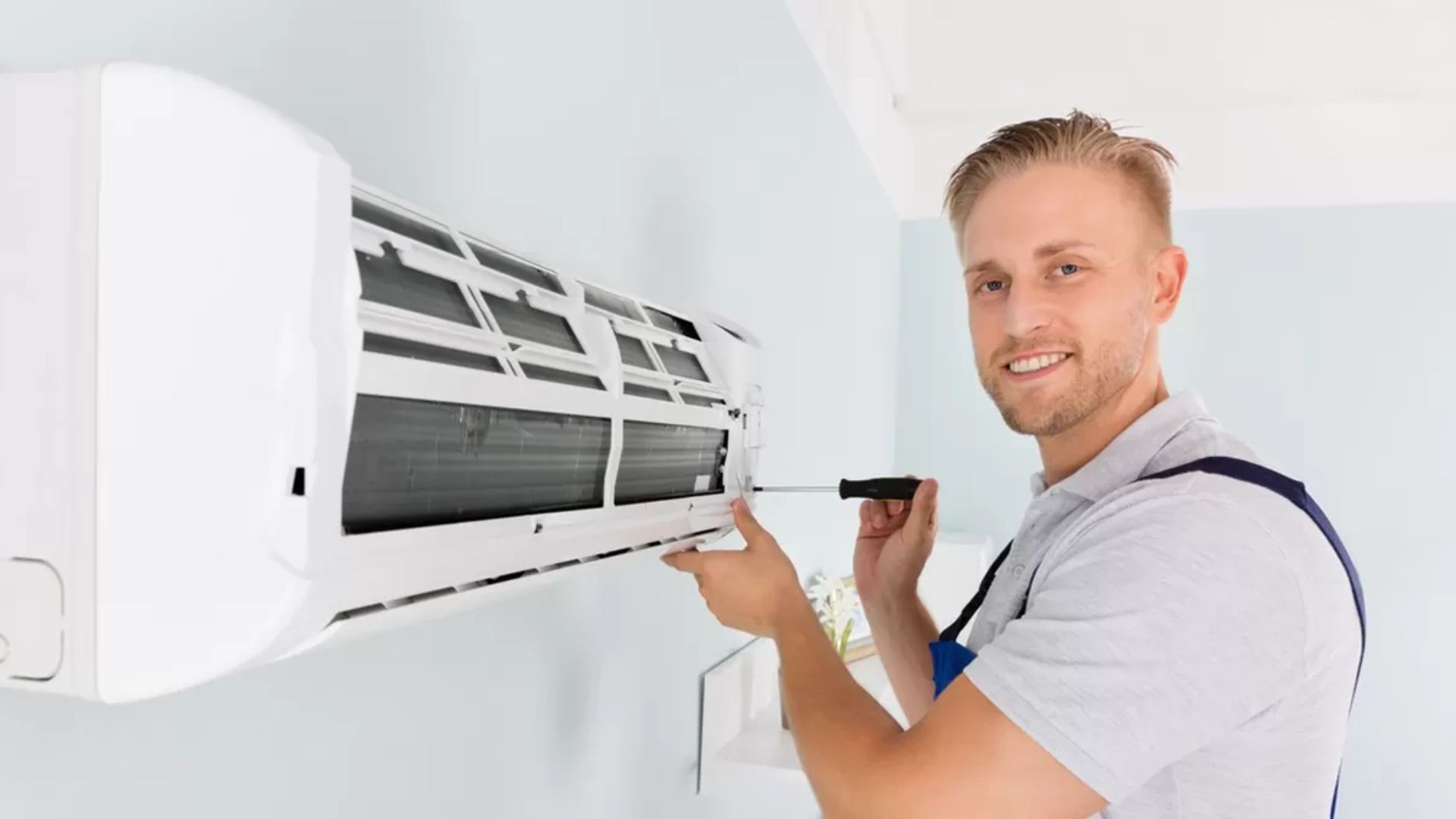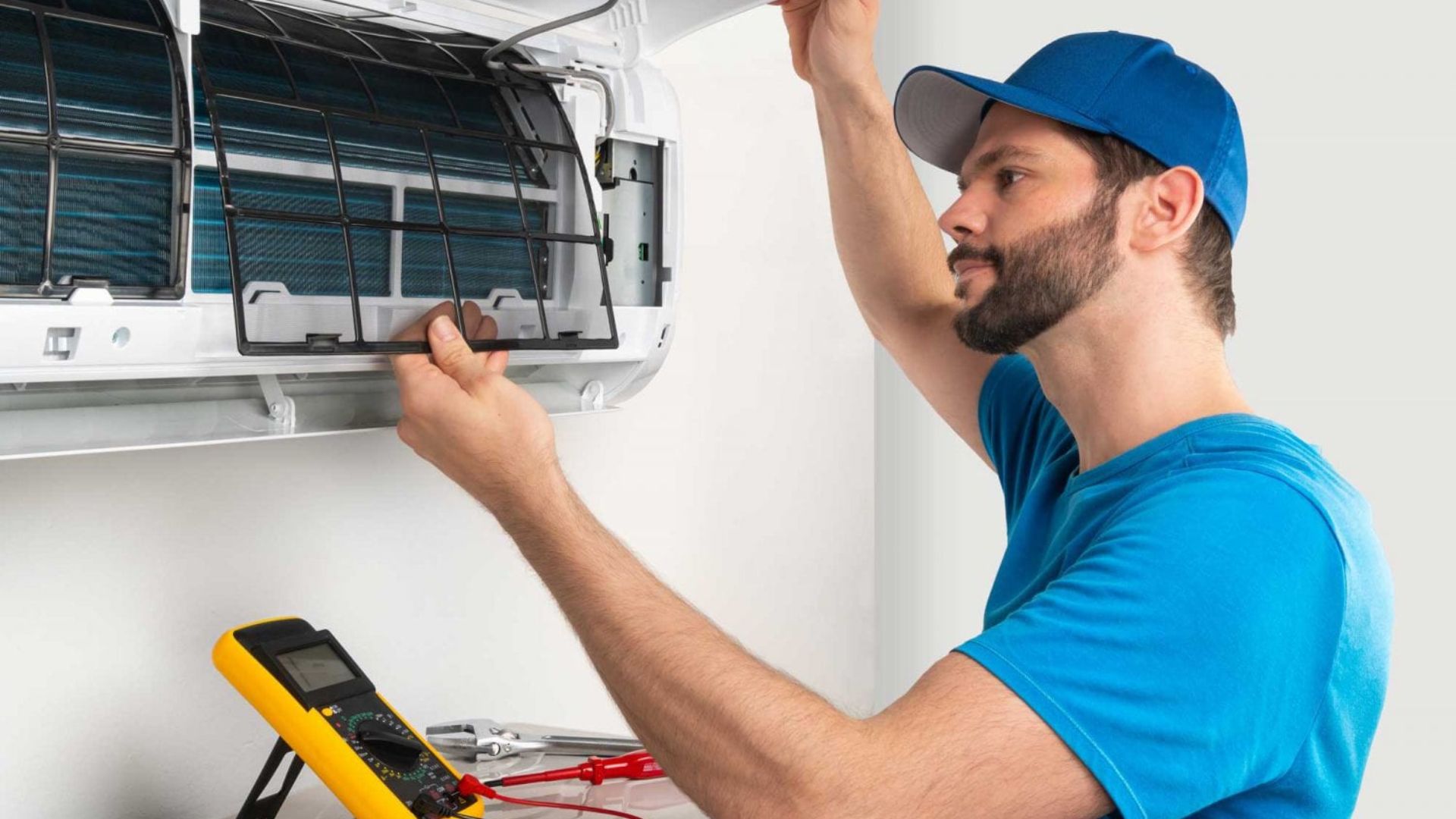
Introduction:
Maintaining a comfortable and healthy indoor environment is crucial for any space, and a well-functioning air conditioning system plays a pivotal role in achieving this goal· However, over time, these systems can accumulate dust, dirt, and other contaminants, leading to reduced efficiency and compromised air quality· In this comprehensive guide, we will explore the benefits of Air Condition System Cleaning and delve into the best practices to ensure optimal performance and a healthier living or working environment·

1· Understanding the Importance of Air Conditioner System Cleaning:
Air conditioners circulate air throughout a building, filtering out impurities and controlling temperature and humidity· Regular cleaning is essential to prevent the buildup of dust, mold, and bacteria within the system· A clean air conditioning unit not only enhances its efficiency but also contributes to better indoor air quality, reducing the risk of respiratory issues and allergies·
2· Benefits of Air Conditioner System Cleaning:
2·1 Improved Energy Efficiency:
Accumulated dirt and debris force the system to work harder to maintain the desired temperature, leading to increased energy consumption· Regular cleaning ensures that the system operates at peak efficiency, reducing energy bills and environmental impact·
2·2 Enhanced Cooling Performance:
A clean air conditioning system cools the air more effectively· Removing obstructions and maintaining proper airflow allows the unit to reach and maintain the desired temperature more efficiently, providing optimal comfort·
2·3 Prolonged Lifespan of Equipment:
Dirt and debris can cause wear and tear on various components of the air conditioning system· Regular cleaning helps prevent breakdowns and extends the lifespan of the equipment, saving homeowners and businesses from costly repairs or premature replacements·
2·4 Improved Indoor Air Quality:
A dirty air conditioning system can circulate pollutants, allergens, and even mold spores throughout a building· Cleaning the system removes these contaminants, contributing to a healthier indoor environment and reducing the risk of respiratory issues among occupants·
3· Best Practices for Air Conditioner System Cleaning:
3·1 Regular Inspection:
Schedule periodic inspections by HVAC professionals to assess the condition of the system· Identifying issues early on can prevent major problems and ensure that the cleaning process is tailored to specific needs·
3·2 Air Filter Replacement:
One of the simplest yet most effective practices is regularly replacing air filters· Clogged filters hinder airflow and reduce efficiency· A monthly check and replacement, if necessary, can significantly contribute to the overall performance of the system·
3·3 Coil Cleaning:
Evaporator and condenser coils are prone to dirt buildup, hindering heat exchange· Regular cleaning of these coils improves efficiency and prevents overheating, allowing the system to function optimally·
3·4 Duct Cleaning:
Ducts can harbor dust, mold, and other contaminants· Professional duct cleaning eliminates these pollutants, preventing them from being circulated into the indoor air· Clean ducts contribute to improved air quality and system efficiency·

Conclusion:
Investing time and resources in the regular cleaning and maintenance of air conditioning systems is a wise decision with far-reaching benefits· From energy efficiency and cooling performance to the health of occupants and equipment longevity, the advantages of a clean system are undeniable· By adopting best practices, such as regular inspections, air filter replacement, and thorough coil and duct cleaning, individuals and businesses can ensure their air conditioning systems operate at peak performance, providing comfort and quality indoor air for years to come· Remember, a well-maintained air conditioning system is not just a luxury but an essential component for a healthier and more efficient living or working environment·











Leave a reply